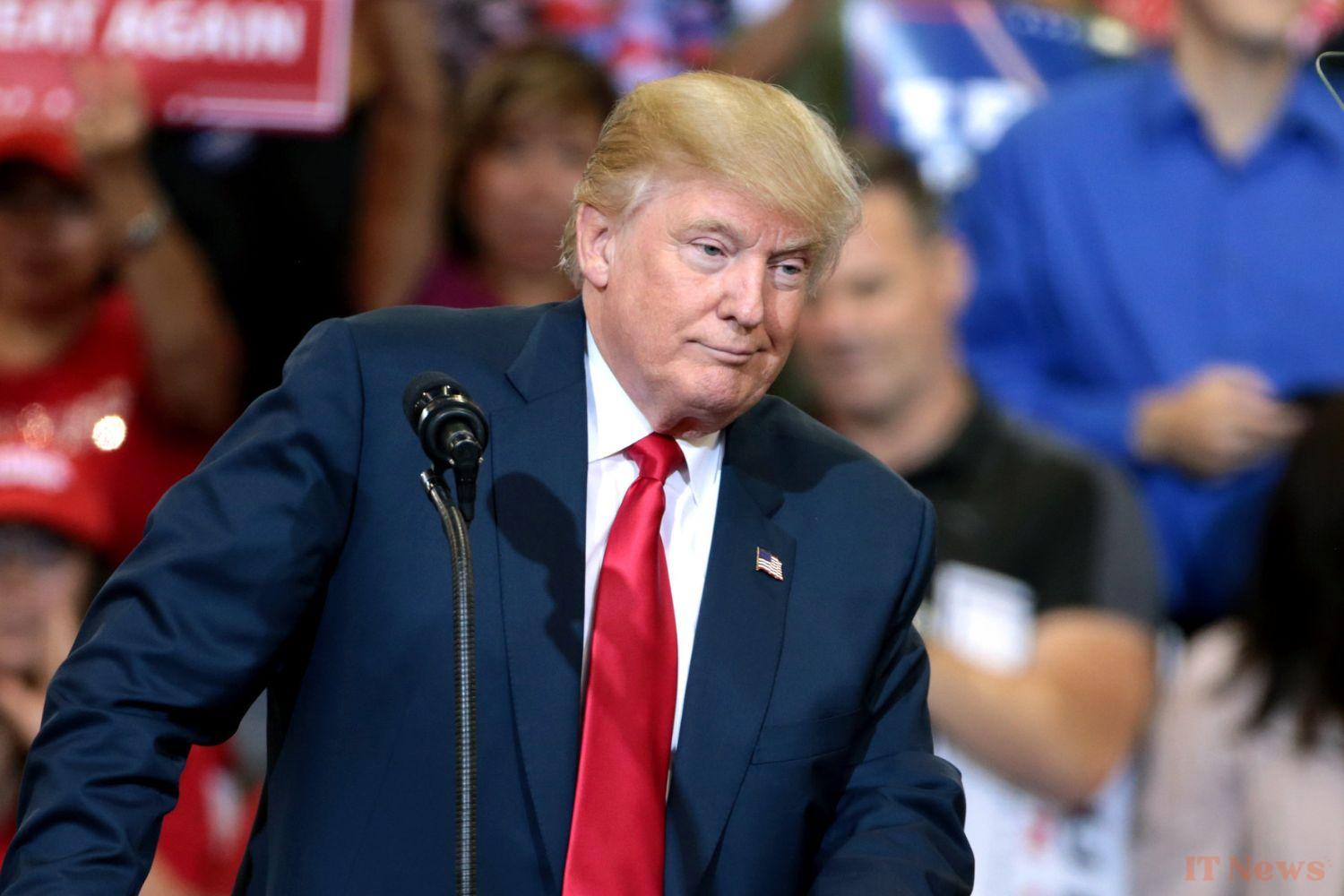The American president has been very clear: if he signed the Take It Down Act, which amounts to making it federal law, he will use it... for his own benefit. Before Congress, as reminded by the EFF (Electronic Frontier Foundation), Donald Trump had announced that he intended to exploit this law for himself, believing that "no one is treated worse than [him] online." This victim-like stance, a classic of the character, colors a text that begins with a laudable initiative.
The concern of freedom defenders
Before serving the White House tenant's appetite for revenge against his opponents, this text above all marks an important step forward in the protection of victims of non-consensual intimate images (NCII), deepfakes, and revenge porn. Very concretely, the new law requires all online platforms to remove this type of content as well as fake nude images generated by AI within 48 hours of victims reporting it, under penalty of heavy penalties.
A deadline hailed by supporters of the law as remarkably fast. It allows victims to quickly prevent the spread of revenge porn, which affects a growing number of people, including minors who have never shared compromising photos. Concretely, a delete button will appear on all major platforms.
But there are also critics of this delay: it risks censoring a lot of content that isn't necessarily related to revenge porn. Furthermore, the law doesn't explicitly exempt encrypted messages. If the platforms decide to break end-to-end encryption to prevent any legal liability, the authorities could take advantage of it to censor critics' private messages.
We should therefore expect a pitched battle in the courts that risks postponing the effective implementation of a law that shouldn't come into force for another year anyway (if all goes well). It's also up to the victims to monitor photos and videos of themselves on the internet.
The glass half-full aspect of this law is that the penalties could serve as a deterrent for anyone who wants to use revenge porn. The ambition is to trigger a kind of cultural and societal change: the publication of this kind of AI-modified documents is harmful and detrimental to the victims.
Source: ArsTechnica



0 Comments